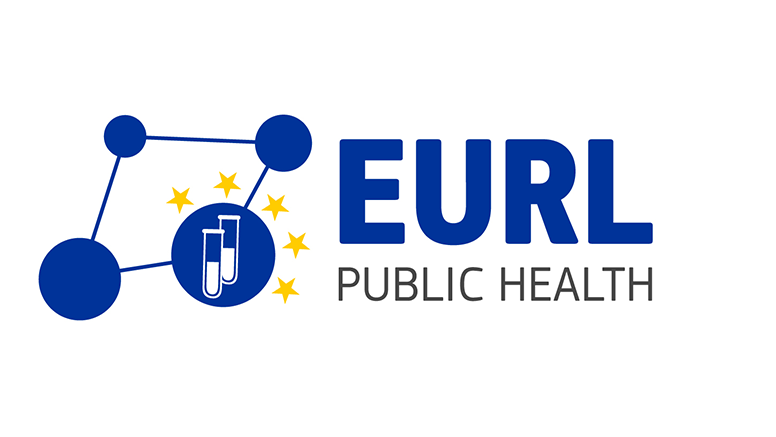RKI leads one of six new EU Reference Laboratories for Public Health
Date: 20/01/2025

Since 1 January 2025, the EU Reference Laboratory for Public Health in the field of "High-risk, emerging and zoonotic bacterial pathogens" (EURL-PH-HEZB) has started its activities. It is one of so far six new EU reference laboratories for public health (EURLs) and is led by Robert Koch Institute’s unit ZBS 2 "Highly Pathogenic Microorganisms".
The EURL-PH-HEZB covers emerging and zoonotic bacterial pathogens including Bacillus anthracis (anthrax), Yersinia pestis (plague), Francisella tularensis (tularemia), Brucella spp. (brucellosis), Burkholderia mallei (glanders), Burkholderia pseudomallei (melioidosis), Coxiella burnetii (Q fever), Rickettsia spp. (rickettsiosis), Borrelia spp. (borreliosis) and Leptospira spp. (leptospirosis). Its aim is to support national reference laboratories to promote good practice and alignment by Member States on a voluntary basis regarding diagnostics, testing methods, use of certain tests for the uniform surveillance, notification and reporting of serious cross-border health threats, thus also ensuring data comparability at EU level. The EURL-PH-HEZB consortium also includes the Bundeswehr Institute of Microbiology in Germany, the Swedish Folkhälsomyndigheten and the Instituto Nacional de Saúde Doutor Ricardo Jorge in Portugal. Supported by about 2.9 million euros under the EU4Health programme, the EURL-PH-HEZB will operate for seven years under the coordination of the European Center for Disease Prevention and Control (ECDC). The other five EURLs are covering antimicrobial resistance (AMR) in bacteria, vector-borne viral pathogens, emerging, rodent-borne and zoonotic viral pathogens, Legionella as well as diphtheria and pertussis.
The expertise of the Robert Koch Institute is highly recognized at international level. Among other things, the institute coordinates several WHO reference laboratories and WHO cooperation centres. RKI staff members are involved in many international projects and programmes, including the Global Health Protection Programme of the German Federal Ministry of Health. In 2019, a new department with an international scope has been established: the Centre for International Health Protection.
